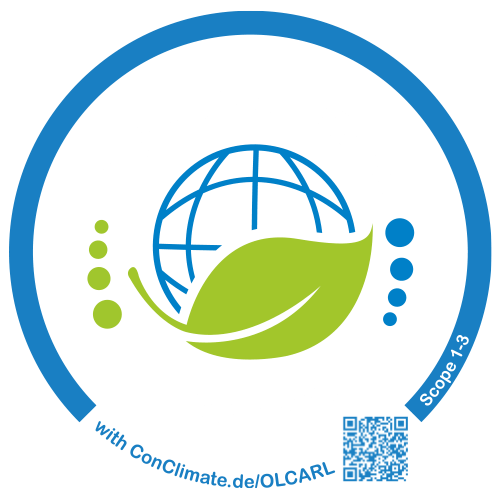Sustainability report: it’s easier than you think
The EU directive on CSR reporting, according to which companies in the public interest and with more than 500 employees must report on non-financial data, has been in force for over four years now. The intention is to raise non-financial information to the same level of importance as financial data and to increase the transparency of ecological, economic and social aspects of companies in the EU.
This regulation only affected large companies in the financial and real estate sectors. This is now changing with the Disclosure Regulation, which came into force on 10 March 2021. Financial market participants must now report on sustainability risks and impacts at product and company level on their websites, in pre-contractual information, in their annual reports and they must deal with the topic more intensively.
Sustainability report: yes or no?
Most companies in the financial or real estate sector have been implementing sustainability or ESG measures for years, but hardly – if at all - communicate their actions and results. Why should they? Depending on the standard, the preparation of a sustainability report can be relatively time-consuming. Is it therefore not sufficient to implement ESG measures, and let them speak for themselves?
The answer to this is simple: the sustainability report is indispensable, as it ensures that a company does not weaken its efforts with regard to sustainability. A sustainability report reflects a company’s successes but also challenges every year. Furthermore, the report is a work tool for sustainability managers, as it is the basis on which the goals, measures and projects are defined but also monitored, performance is measured and change is initiated. Furthermore, the reporting contributes significantly to the reputation of the company. It is also clear from the developments of recent years that the previous, exclusively profit-oriented business management philosophies are finding it increasingly difficult to remain successful. Customers, employees, suppliers and other interest groups are ever more turning to companies acting sustainably and measure companies by their sustainability reports.
Other benefits include:
- Increasing investor confidence
- Increasing customer awareness
- Employee motivation and identification with their company
- Easier recruiting
- Better cooperation with authorities and the neighbourhood
- Management orientation aid
Which topics does the sustainability report cover?
To classify the sustainability challenges in your company, you must report on your business model as well as your strategy with regard to sustainability. This means that you have to describe to what extent ESG aspects influence your business activities, what risks exist for you, but also what opportunities arise and how you are preparing for future challenges. Furthermore, you must explain how ESG issues are anchored in your corporate structure. In addition, you should disclose which international standards you have committed to. Another aspect of reporting are management approaches. Here you should describe the impact of your business activities on the economy, ecology and society and what measures you have taken to reduce negative impacts and increase positive impacts.
A sustainability report in six steps
- Record the current situation / materiality analysis
- Establish framework and standard
- Analyse stakeholder interests
- Define key figures
- Develop ESG goals
- Design the sustainability report
How do you write a sustainability report?
(1) First of all, you need to establish your company's current state with regard to ESG activities. At the same time, you should conduct a materiality analysis in the company to identify and prioritise ESG issues that are material and relevant for your company as well as your stakeholders. The result defines the framework for action for your sustainability management.
(2) Based on this, you need to define and set the framework for reporting. You can use a nationally or internationally recognised reporting standard as orientation.
Many different reporting standards exist nowadays. On the one hand, there are sector-independent as well as sector-specific standards. With regard to the former, the best-known international standard is probably the Global Reporting Initiative (GRI). On the national level, the German Sustainability Code (DNK) is very common. Both guidelines specify various principles and performance indicators for reporting. The framework of the International Integrated Reporting Council (IIRC) should also be mentioned, which combines classic business reporting with sustainability reporting.
On the other hand, there are special sector-specific standards for reporting on sustainability in the real estate sector. The Public Real Estate Association (EPRA) and The European Association for Investors in Non-Listed Real Estate Vehicles (INREV) are particularly noteworthy here. Both sets of rules tend to focus on reporting key figures such as energy and water consumption, waste disposal and greenhouse gas emissions. Among other things, specific information on resource consumption in recent years is required.
(3) Once the status quo has been established and the reporting framework has been defined, you need to use a stakeholder analysis to identify your stakeholders for whom you are prioritising the report. Align the sustainability report with their information interests. Concentrate on the essentials and report less but in a detailed and comprehensible way.
(4) Then, you need to define measurable indicators that you can use to collect and analyse your data. These will also provide the basis for measuring your progress in the area of sustainability from year to year.
(5) Next, you need to set specific and measurable ESG-related targets in the report and develop measures to achieve the specific targets.
(6) Finally, the sustainability report must be written and designed. Here you can enlist the help of external partners or at least have an external audit carried out. However, be sure to get feedback on your sustainability report from readers and stakeholders in order to incorporate any critiques next year.
Are there any other tips for a successful sustainability report?
1. Ensure authenticity and transparency in your report to avoid negative press.
2. Only communicate verifiable statements to avoid possible greenwashing accusations
3. Compile your information in such a way that stakeholders can recognise changes over time and compare them with other companies.
4. Make sure to report regularly, i.e. annually, and that the topics are up to date.
If you have any further questions or would like advice on sustainability reporting, please do not hesitate to contact us. We can advise and support you from choosing the right standard to data analysis and writing the report.









Head Office, Berlin,
Neue Grünstraße 17 | 18 Hof 1 | TRH 3
10179 Berlin
© ES EnviroSustain GmbH 2021




